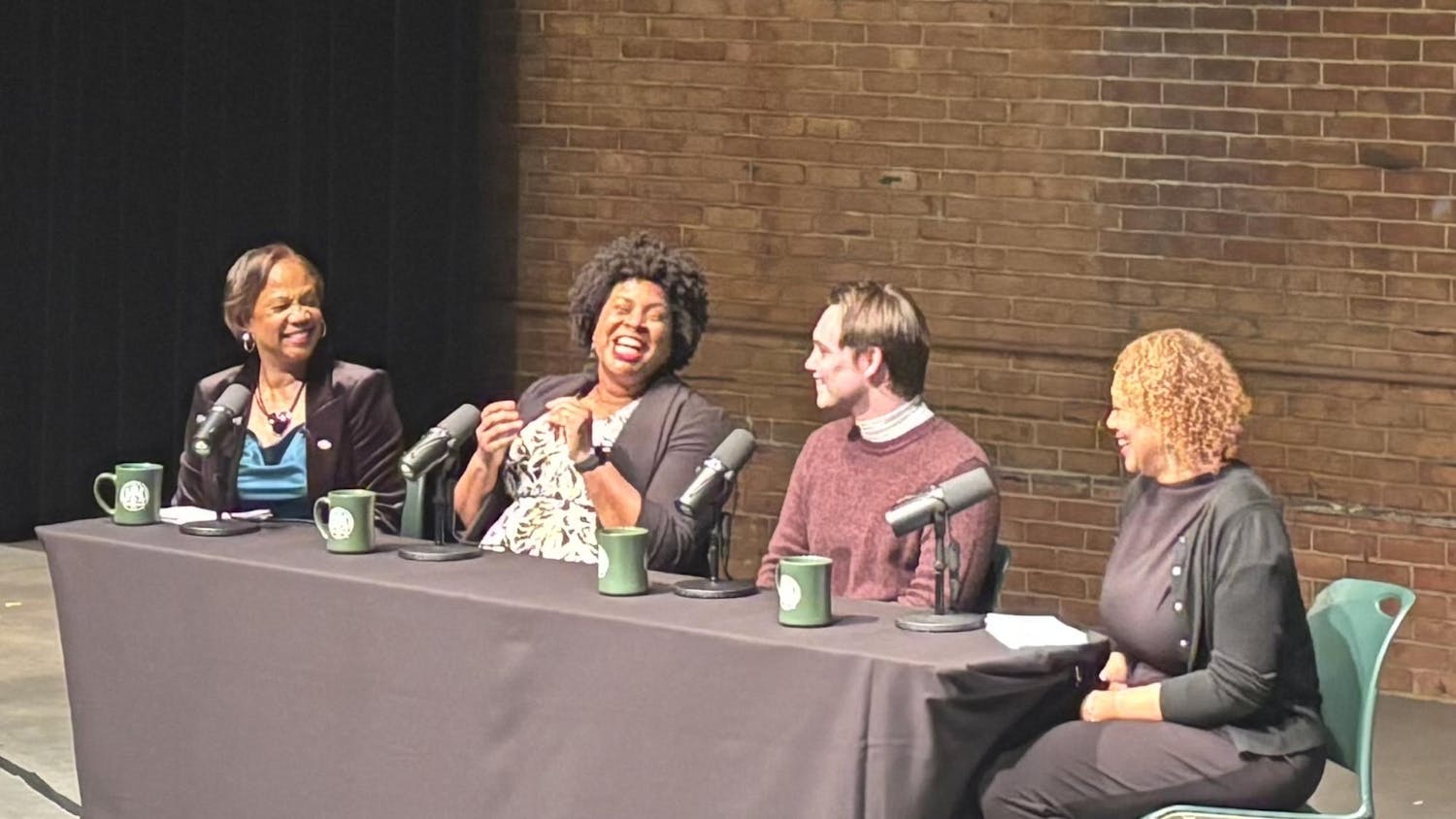Michigan has been chosen by the High Times as one of eight states that are mostly likely to legalize recreational marijuana in 2016. According to High Times, Michigan was named because of the “wildly successful” efforts in cities all over Michigan that have made advancements to decriminalize marijuana.
This year voters in five states -- Arizona, California, Maine, Massachusetts, and Nevada – will make the decision whether or not to legalize marijuana. Medical marijuana is currently legal in 25 states and would advance to 28 if ballot measures in Arkansas, Florida and North Dakota are passed. Medical marijuana initiatives were proposed but did not make the 2016 ballots in Michigan.
New rules and regulations for the state's medical marijuana industry, signed by Gov. Rick Snyder, will take effect in December. These new rules and regulations will require a 3 percent excise tax on dispensaries' gross sales receipts. This could yield $21.3 million annually in revenue to the state based on roughly 204,000 registered patients in the 2016 fiscal year, according to the Senate Fiscal Agency.
Legalizing marijuana and placing a small tax could benefit communities in Michigan. A legal market for medical marijuana in Michigan could lead to millions of dollars in new state tax revenue. Exactly how much is open to interpretation, but estimates suggest it could top $63 million a year.
One thing that has marijuana advocates in arms is the fact that since Michigan made the transition to legalize medical marijuana nearly a decade ago, the number of marijuana arrests in Michigan continues to rise. From 2008 to 2015 Marijuana arrests increased by 17 percent.
Michigan State Police Sgt. Jeffrey Juneac claims the rise has to do with an increase in dispensaries.
“I think it was accessible before, but it’s even more so now, to legally obtain it. This is because even though medical marijuana is legal, the way you possess it may be legal," said said Juneac. "For example, driving with around with your dank sack riding shotgun will lead to your arrest. If you’re a patient and you have your medical marijuana in your center console which is obviously not locked and accessible to the driver we take enforcement action quite often on that situation.”
According to a Michigan Poll in the Detroit News, the majority of residents support the legalization of marijuana with only 35 percent opposing it. On the other hand, the state’s police seems to be cracking down even harder on marijuana.
The polling data shows deep divisions between generations over recreational pot use. Among voters under age 30, 74 percent support legalizing marijuana according to the poll. Despite this statistic the majority of elders and parents are against the legalization of marijuana. Until younger voters get out there and cast their voice older generations are going to continue voting against legalization.
In Michigan 18 cities have approved local ordinances to legalize or decriminalize the recreational use of marijuana. These changes have occurred mostly in Democrat-dominated or leaning communities such as Ann Arbor, Detroit, Kalamazoo and Ferndale.
Huntington Woods and Berkley residents voted to decriminalize the recreational use of marijuana in November, while Pleasant Ridge voters decided to make some marijuana-related crimes a low priority for police.








